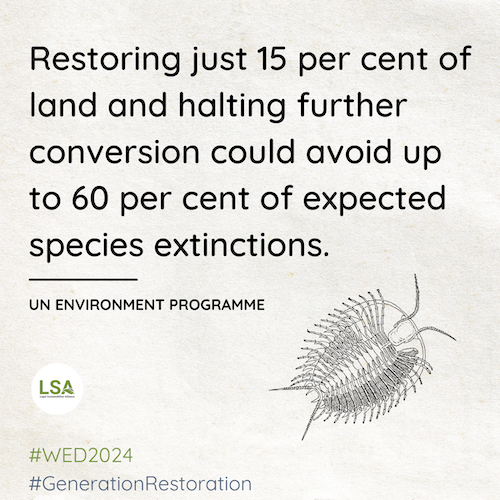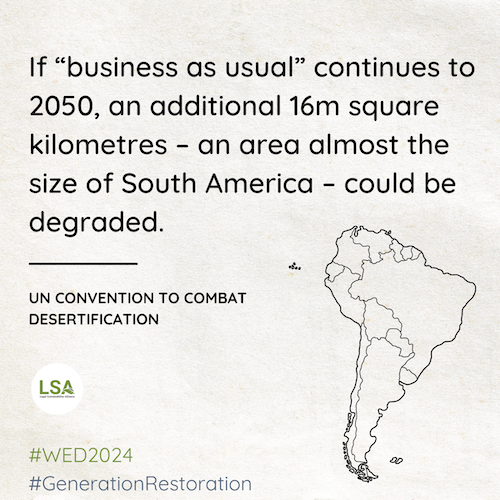
Understanding your position in the legal supply chain – why should barristers and chambers measure and report their carbon emissions?

Legal counsel are a crucial part of the legal supply chain. As the pressure increases on private practice to measure and report across their scope 3, every supplier needs to be able to measure and report on their contribution to a firm’s footprint. This includes barristers in receipt of instructions from law firms.
The Bar Council, the LSA and Clyde & Co are delighted to invite you to join us for a discussion workshop on what this means for chambers.
We will cover:
- Why measure? Why does it matter?
- What to measure? Understanding scope 3 and the GHG protocol
- How to approach measurement and management of emissions and the role of the Bar Sustainability Network
- Reducing your emissions – taking action
Speakers include:
Estelle Dehon KC – Cornerstone Barristers
Patrick Linighan – Chief Sustainability Officer, Clyde & Co
Paul O’Sullivan – Senior Global Procurement Manager, Clyde & Co
Amanda Carpenter – Director, LSA Secretariat
Register here.
Location: Clyde and Co, The St Botolph Building, 138 Houndsditch, London EC3













